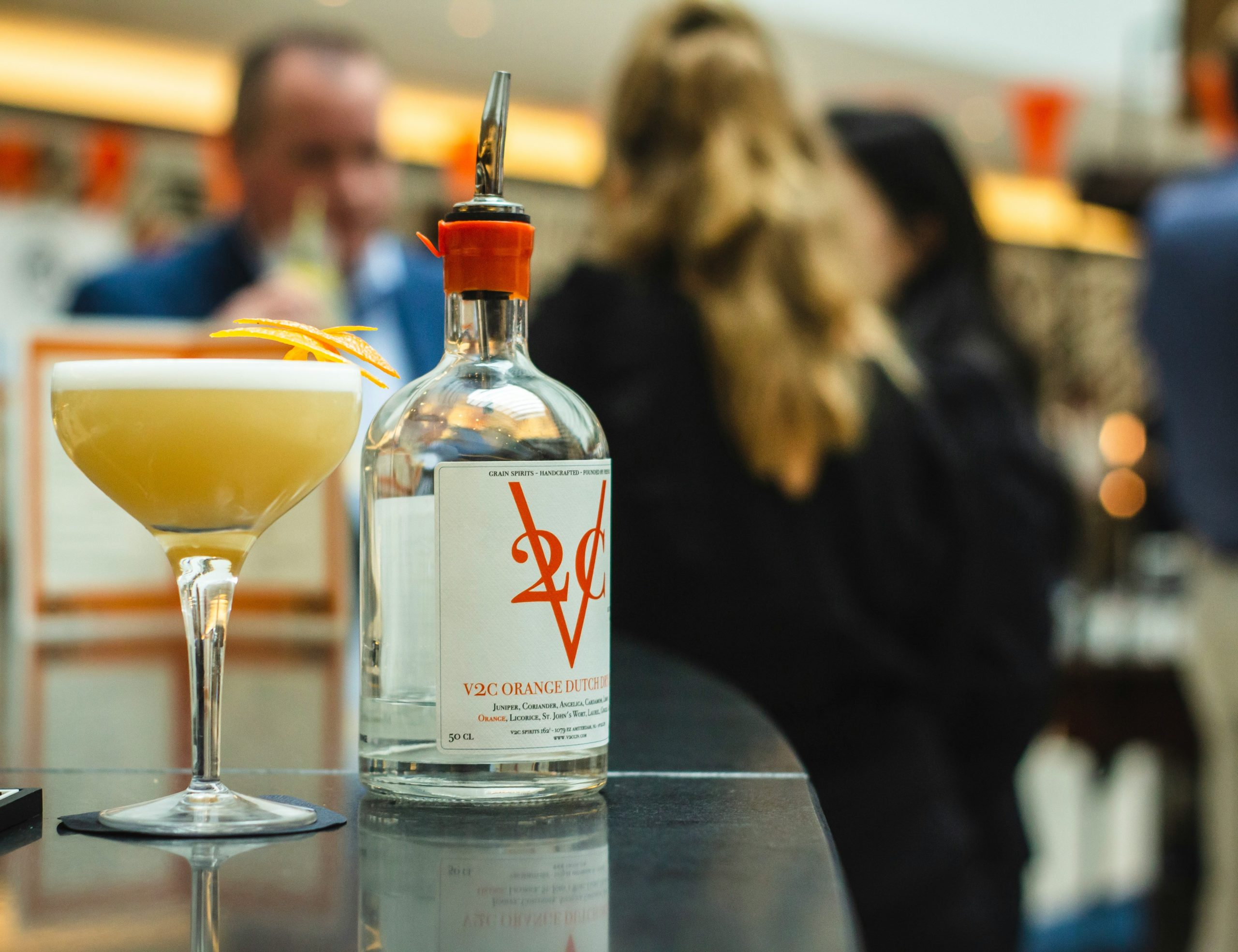
One of the most common misconceptions about seeking treatment for drugs and alcohol is that you must hit rock bottom before you need (or deserve) help. You see the downfalls of alcoholics and addicts portrayed in movies and books: lose your job, destroy your relationship, push away your loved ones, spend all your money. But what if your problem doesn’t present itself this way? Is it still valid?
When an alcoholic or addict is using excessively and cannot stop but still maintains a career, relationship or steady-pay, they are considered high-functioning. The problem is that because they are perceived as successful, many high-functioning addicts or alcoholics do not recognise that they need drugs and alcohol counselling, nor do their loved ones.
Asking for Help
As a high-functioning alcoholic or addict, the first step to recovery is admitting you have a problem and asking for help. Do you find yourself drinking more than is healthy, using illegal drugs or using prescription drugs when you do not need them or at higher doses than prescribed? Do you feel like you cannot live without them?
If you answered “yes” to those questions, it may be time to seek treatment or consider alcohol or drugs counselling. Even if you are high-functioning or perceived as successful, asking for help does not diminish your other achievements and qualities.
Breaking the Cycle Before it Becomes a Problem
Many people who come to HARP seeking treatment for drugs and alcohol use convinced themselves that their problem wasn’t serious enough to require treatment. Problems, however, without intervention tend to worsen. Why wait until you do start having relationship problems, performance issues at work or financial instability? Get help before the consequences are beyond repair.
Why Inpatient Addiction Treatment is More Successful
When it comes to rehab and drugs and alcohol counselling, you have two main programs: inpatient and outpatient. Many high-functioning addicts and alcoholics gravitate toward outpatient because it allows them to stay at home and continue working. However, this isn’t always the best choice. With outpatient programs, you are still exposed to the triggers that enable your addiction.
Inpatient programs, like those at HARP, our fully-immersive programs break you away from your triggers and help disrupt the cycle of substance abuse. Most of our patients stay for an average of 90 days, during which they focus on healing—starting with detox at our trusted partner facilities—repairing their bodies, establishing healthier mindsets, and rewiring old thinking patterns. While HARP does not offer detoxing directly, we ensure seamless care throughout the entire recovery process. Once out of rehab, HARP provides ongoing support to ensure they commit to recovery in the real world. This high level of support is why our programs tend to have higher success rates than outpatient programs, even for high-functioning alcoholics and addicts.
Getting Help for Yourself or a Loved One
If you feel like you or a loved one is struggling with substance abuse, we can help. To learn more about our alcohol and drugs counselling programs in Melbourne, call HARP on 1800 954 749.



